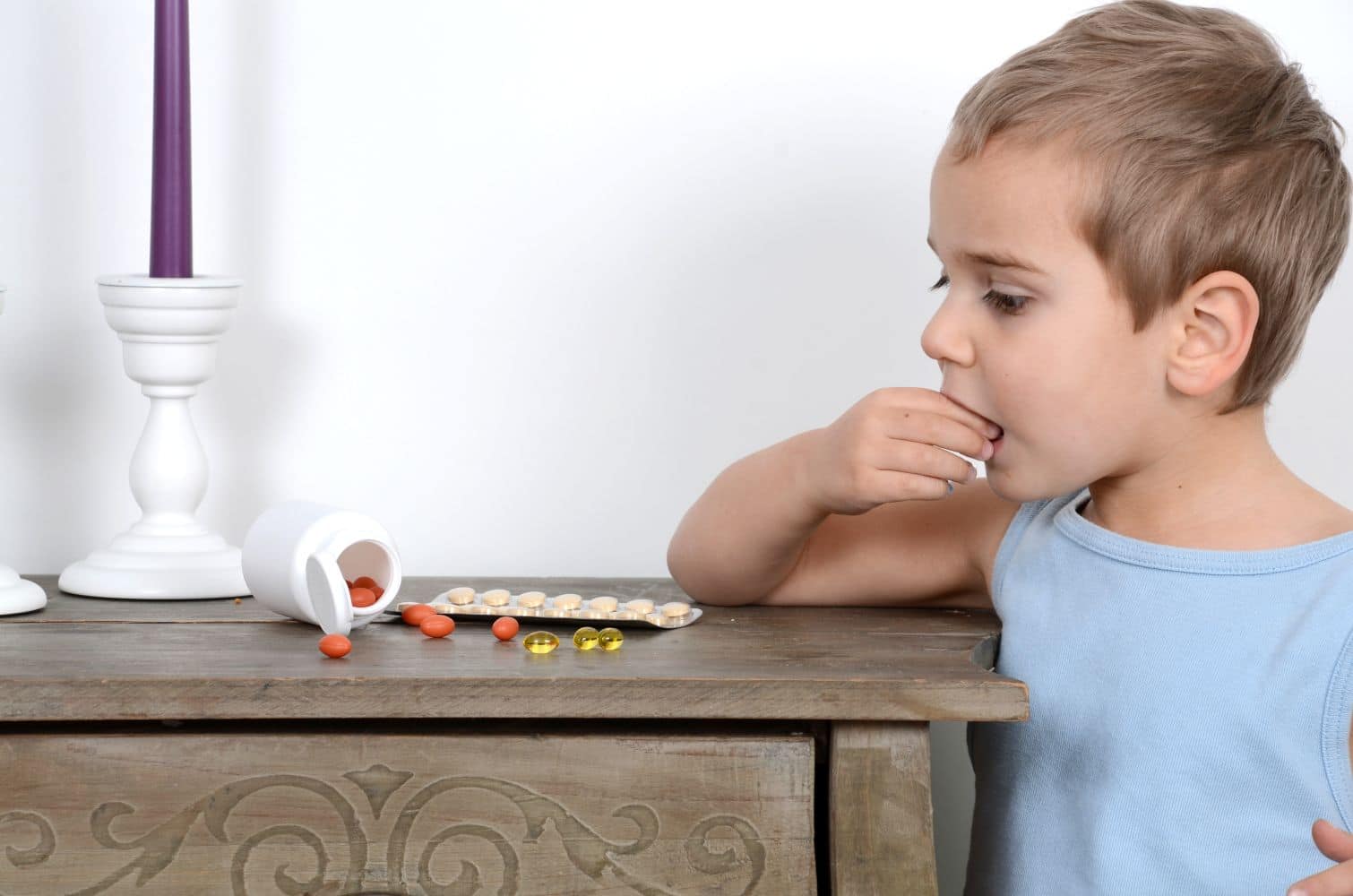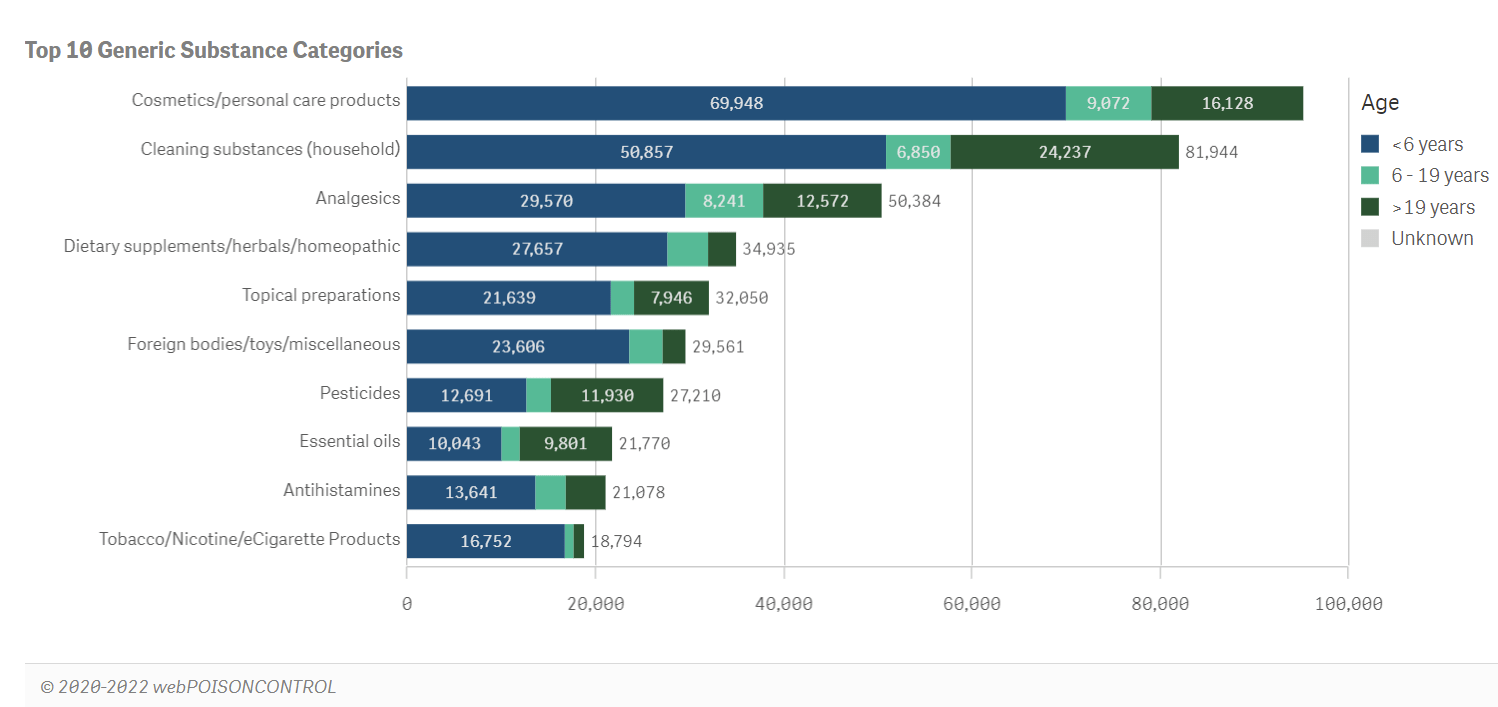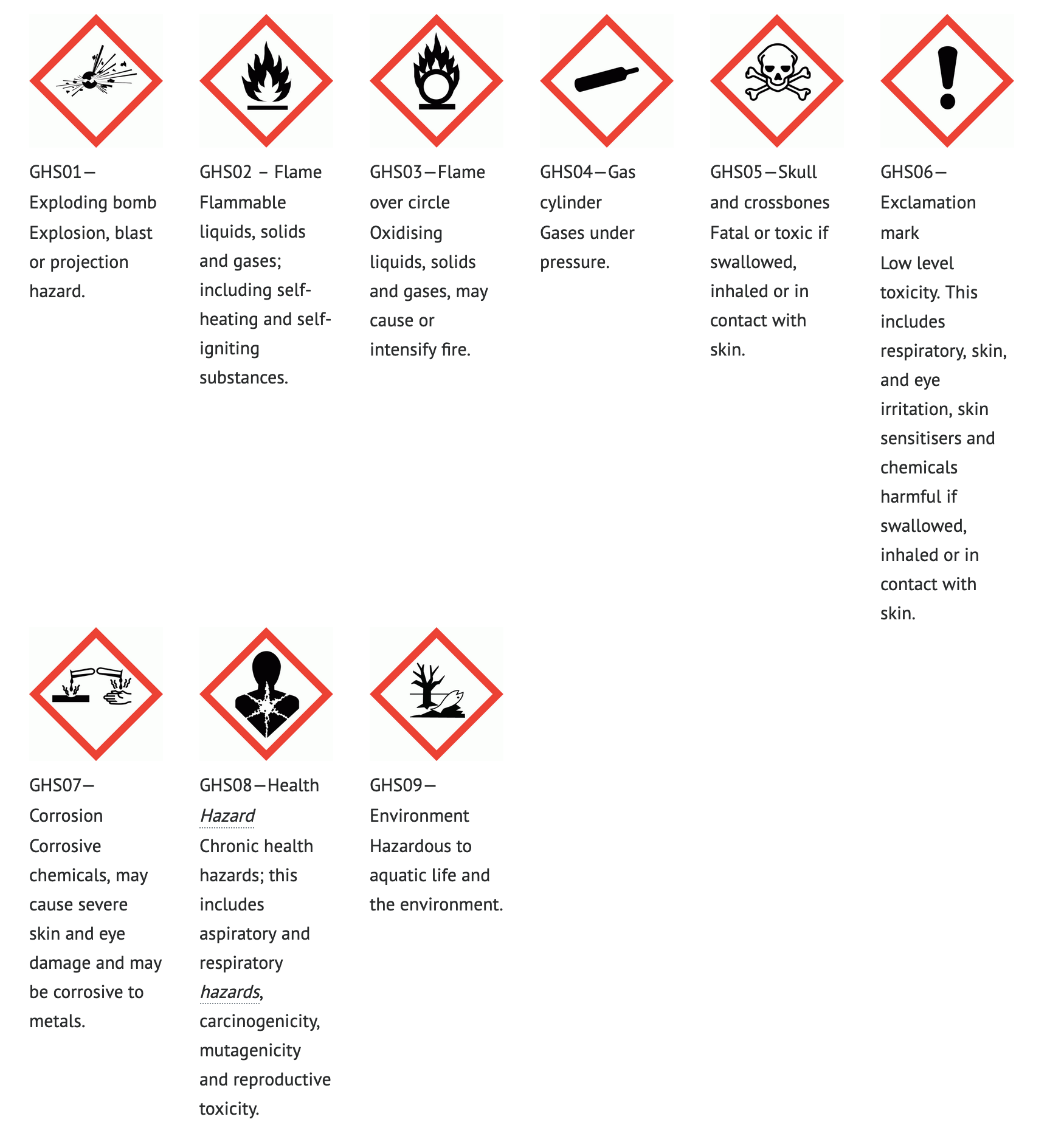
Key facts
- Common household and garden products can be swallowed by accident.
- If you suspect that someone has taken an overdose of medicine or has swallowed a poisonous substance, get medical help immediately — this is an emergency.
- Store all medicines, chemicals and cleaning products in a high, locked cupboard out of sight and reach of children to prevent poisoning in children.
- If you suspect that the poisoning was not the result of an accident and that it was done on purpose, seek help from a healthcare professional as soon as possible.
Which substances often get swallowed?
Common household and garden products may be swallowed by accident. Most of these substances are not dangerous, but there are many products that can be harmful.
Some common substances that are swallowed include:
- cleaning products
- bleach
- paints or paint cleaners
- make-up and cosmetics
- plant food and fertilisers
- ink
- air fresheners or aromatherapy oils
- medicines
When should I call an ambulance or go to the emergency department?
If you suspect that someone has taken an overdose of medicines or has swallowed a poisonous substance do not try to treat them yourself. Get medical help immediately.
What should I do while waiting for the ambulance?
- If the poisoned person has collapsed or is not breathing, start resuscitation.
- Wash the substance off the person’s face with clean water.
- Take a photo of the label of the swallowed substance or note down the product details.
- Do not let the person eat or drink anything unless you have been told otherwise by the Poisons Information Hotline.
- Do not to try to make the person vomit as this could block the airway and cause choking.
What are the warning signs or symptoms when a substance is swallowed?
The signs of a swallowed substance depend on the substance. They may include:
- the smell of the substance on the person’s breath
- burning pain from mouth to stomach
- nausea, vomiting or tummy pain
- breathing problems
- hearing and vision changes
- drowsiness or loss of consciousness
- a seizure
The symptoms may be immediate, but with some substances they may be delayed, sometimes for several days.
Why might someone swallow a substance?
Young children are naturally curious and explore their environment by putting things in their mouths, so it’s common for children to swallow substances they shouldn’t. You might not realise they can reach a cupboard, or something you left in their reach (such as a medicine or washing up liquid).
Children may swallow a substance if they are not properly supervised, if there are visitors in the house who have medicines, or when they start to crawl or walk.
Adults may swallow too much of a medicine or the wrong medicine by mistake, drink too much alcohol or swallow a dangerous substance at work.
Sometimes substances may be swallowed accidentally, for example, if they are stored in food containers such as soft drink bottles.
Some people swallow substances deliberately to harm or injure themselves. If you have done this, you should know you are not alone and help is available. Please discuss this with a healthcare professional.
What do I do if I suspect deliberate harm?
If you suspect that the poisoning was deliberate, seek help from a healthcare professional as soon as possible.
If a child is too young to swallow a substance accidentally, they may have been poisoned on purpose. If you suspect that a child has been poisoned, contact a nurse or doctor at an emergency department, doctor’s surgery, health visitor or school nurse.
The healthdirect Service Finder can help you find a health service near you, including counselling and child protection services. These agencies offer confidential advice if you are worried that you or someone close to you was harmed deliberately.
How is a swallowed substance diagnosed?
A doctor will ask about the substance and examine you. They may do a blood test, urine test or an x-ray and will monitor you closely.
It is very helpful if you can provide them any information about the swallowed substance, such as details about the product, the product container or a suicide note, if there is one.
How is someone who has swallowed a substance treated?
The doctor or paramedic will apply emergency first-aid to check the person’s airway, breathing and circulation. Further treatment depends on the substance taken. Treatment may include an antidote to the substance if there is one. In very specific situations, they may need activated charcoal to prevent the substance from being absorbed through the gut into the bloodstream. Rarely, the contents of the stomach or bowel may be emptied or washed out.
How do I prevent a substance from being swallowed?
Many household substances are poisonous if swallowed. It is very important to store all medicines, chemicals and cleaning products in a high, locked cupboard out of sight and out of reach of children.
Here are some tips on how to keep your medicines stored safely:
- Try to keep medicine in its original packaging, as this will include the ingredients, dosage instructions and expiry date.
- A medicine cabinet is a good place for storage. It should be high enough off the ground that children cannot access the cabinet or its contents. Ideally, it should be at least 150 cm off the ground and locked.
- Don’t store old medicines. Take medicines that you don’t need anymore, or that are out of date, to your local pharmacy and they will dispose of them safely.
Complications when a substance has been swallowed
Some swallowed substances can be highly toxic or can burn your gut or airway. They can affect your heart, blood pressure and breathing, and can lead to problems with organs including the kidneys and liver.



